Timeless Stories, Transformative Movements
Think of your favorite book. Was it a sweeping epic full of passion and larger-than-life characters? A gritty tale mirroring the harsh realities of society? Perhaps it was a mind-bending work that challenged how you see the world. These books, as different as they may be, all owe something to the literary movements that came before them.
Literary movements are like currents in a great river of writing. They represent shifts in how writers thought about the world, about storytelling, and about their purpose as creators. Understanding these movements is like having a secret decoder ring for literature. You’ll start to see the DNA of your favorite books!
Let’s embark on a whirlwind tour of a few influential movements that forever altered the literary landscape:
1. Romanticism: When Feelings Took Center Stage
Picture this: Lush nature, brooding heroes, and a celebration of emotions over logic. Think Jane Austen’s sweeping love stories, Edgar Allan Poe’s thrilling horror, or even the nature-worshipping poetry of Wordsworth. This was Romanticism, a reaction against the stuffy, overly rational Enlightenment era before it.
- Real-Life Connection: Ever expressed your feelings with a dramatic sigh or written a passionate text when logic failed? You’ve got a touch of the Romantics in you! This movement reminds us that emotions are powerful drivers in our lives.
2. Realism: A Mirror Held Up to Society
Forget knights and dragons. Realism focused on ordinary people, everyday struggles, and the sometimes-gritty truths of the world. Think Charles Dickens exposing poverty in Victorian England or Mark Twain’s iconic tales of life on the Mississippi.
- Real-Life Connection: Next time you watch a down-to-earth drama or read a blog revealing someone’s honest struggles, thank Realism. This movement taught us the inherent value in ordinary stories.
3. Modernism: Breaking All the Rules
Imagine a shattered mirror – that’s kind of like Modernist literature. Traditional structure? Out the window! Reliable narrators? Questionable! This movement was born from a disillusioned world reeling from world wars. Think James Joyce’s stream-of-consciousness or Virginia Woolf’s revolutionary Mrs. Dalloway.
- Real-Life Connection: Feeling overwhelmed by the chaotic flow of information in the modern world? Modernists captured that feeling way back when! This movement helps us make sense of fragmented, often confusing experiences.
The Takeaway
Literary movements aren’t just dusty textbook chapters. They’re ripples from the past that shape the kinds of stories we get to enjoy today. This knowledge makes you a more perceptive reader, able to spot the influences and appreciate works on a deeper level.
Action Point
Pick a book you love and do a little online research. What literary movement does it belong to, or was it influenced by? See how this knowledge colors your understanding of the story! Think of it as your literary detective adventure!
Why Should You Care?
- Become a Savvy Reader: Understanding literary movements helps you recognize patterns in works you love and opens your eyes to the ways writers play with form and meaning.
- Appreciate History’s Influence: Literature offers a window into the past. Literary movements often reflect the social and political upheavals of their time, making them portals to deeper historical understanding.
- Enrich Your Own Writing: Studying how master authors responded to their world can inspire your own creative endeavors, whether you’re a poet, a blogger, or just someone who likes to journal.
Key Takeaways
- Literature is an evolving conversation: Movements react to and build on each other, creating a fascinating chain of ideas and styles.
- Stories reflect reality: Whether focusing on heightened emotions (Romanticism) or social ills (Realism), literary movements are attempts to process the world.
- Disruption drives innovation: When writers break the rules (Modernism), it opens doors for bold new ways of storytelling.
Keywords
- Literary Movements: Periods defined by shared styles, philosophies, and concerns among writers within a certain time and cultural context.
- Romanticism: Emphasized emotion, individuality, the sublime, and the power of nature (late 18th to mid-19th centuries).
- Realism: Focused on realistic portrayals of ordinary people and social issues (mid-19th to early 20th centuries).
- Modernism: Characterized by experimentation, fragmentation, disillusionment, and the questioning of traditional forms (early to mid-20th century).
- Structure: The way a story is organized, including plot, narrative techniques, and stylistic choices.
- Narrator: The voice telling the story, who can be reliable or less so, influencing how we interpret events.
- Stream-of-Consciousness: A narrative style mimicking the flow of a character’s thoughts, often fragmented and disjointed.
- Symbolism: The use of objects, characters, or images to represent deeper meanings and ideas.
- Social Commentary: Literature that engages with societal issues, provoking reflection or advocating for change.
- Zeitgeist: The defining spirit or mood of a particular period in history reflected in its ideas and culture.
Frequently Asked Questions
- Do books fit neatly into only one movement? Not always! Works can straddle movements or borrow elements for unique effects.
- Are there other important movements besides the ones mentioned? Absolutely! This was just a taste. Explore movements like Gothic Literature, Harlem Renaissance, Postmodernism, and many more!
- Do contemporary authors still belong to movements? It’s more fluid now, but certain genres or styles can coalesce around shared ideas, like contemporary speculative fiction with ecological themes.
Myth Buster
- Myth: Old literature is boring and irrelevant.
- Reality: Understanding the context from which older literature emerged makes it come alive. Plus, these movements shaped how we express ourselves today!
Let’s Talk!
- Which literary movements most resonate with your reading tastes? Why?
- Can you think of modern works that seem influenced by past movements?
- Do you prefer traditional storytelling or authors who break the mold?
Share your thoughts and let’s have a vibrant discussion about the power of literary movements in the comments!
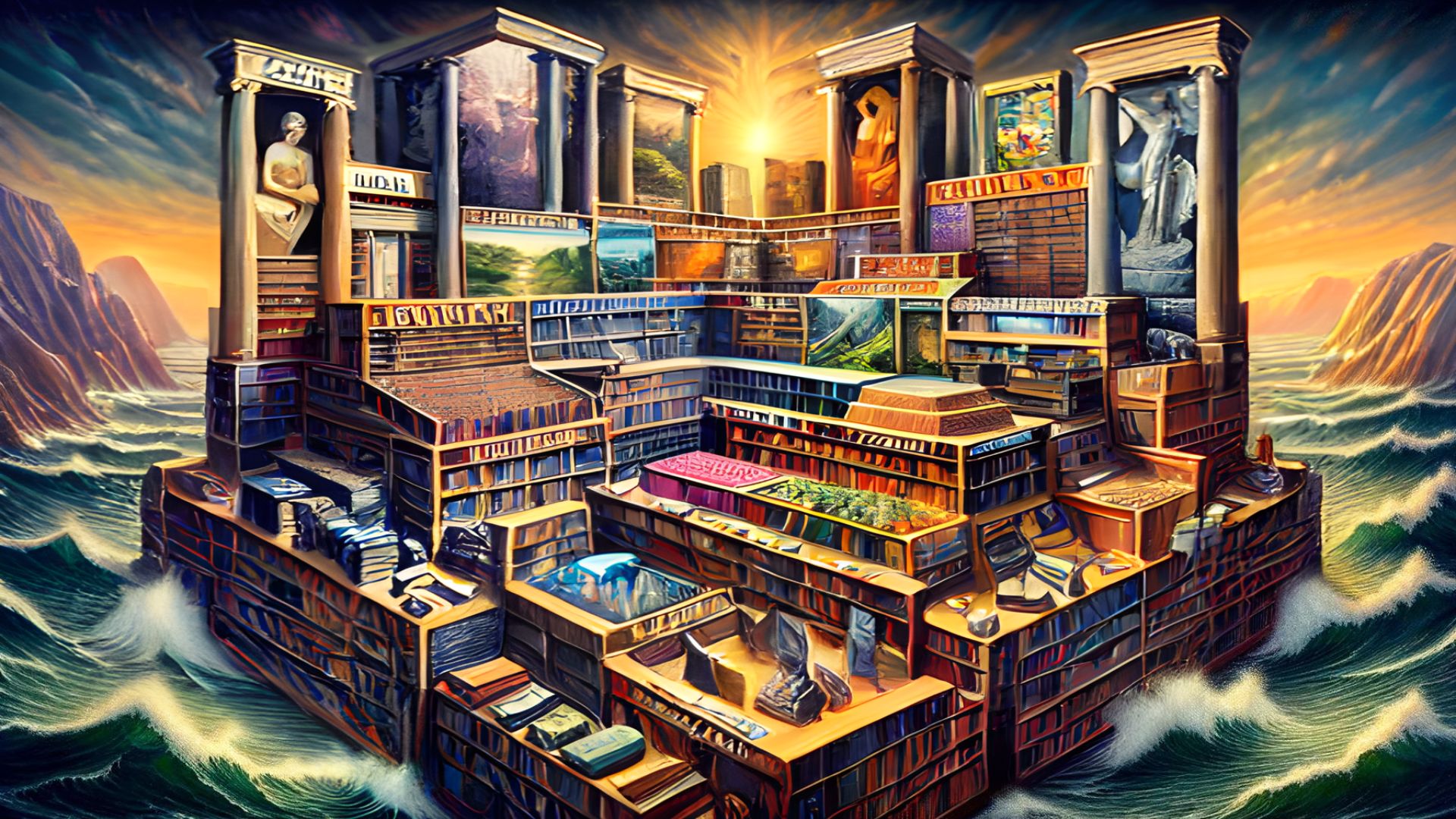
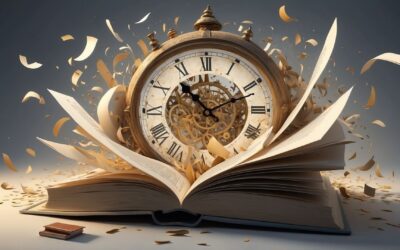
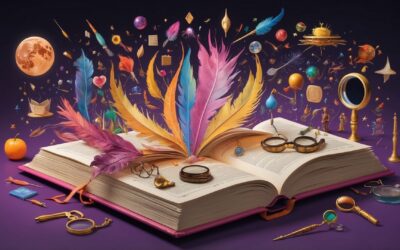
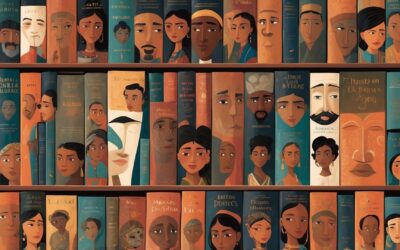


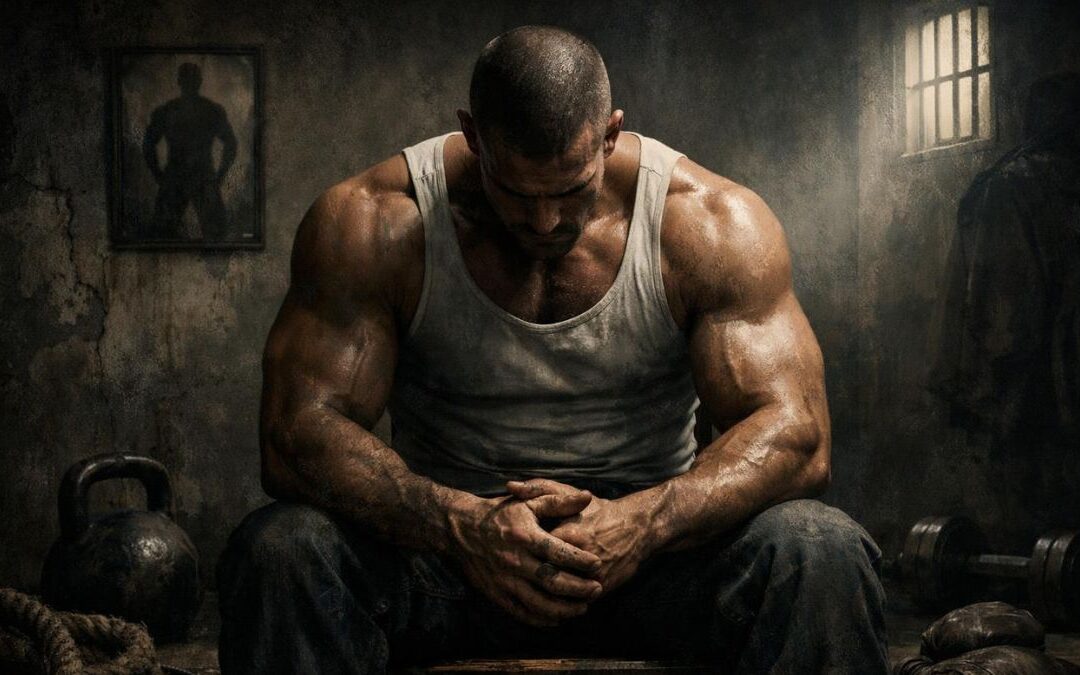

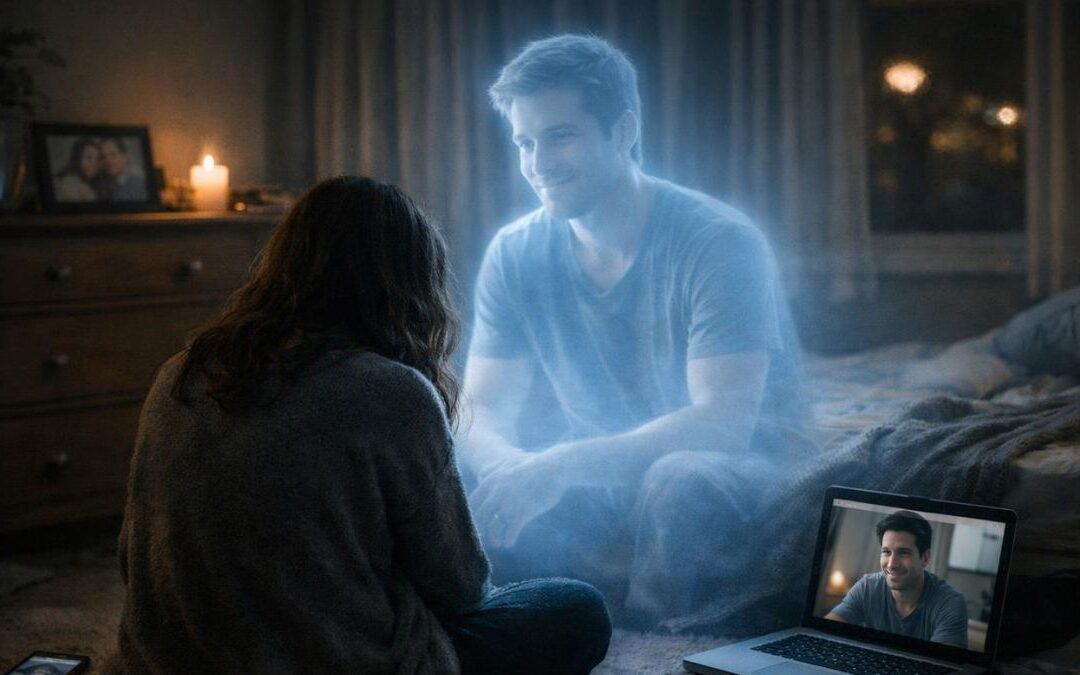

0 Comments